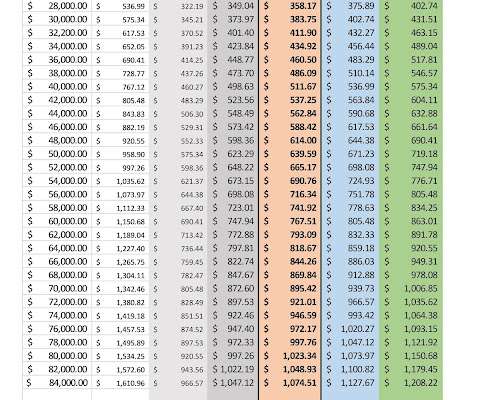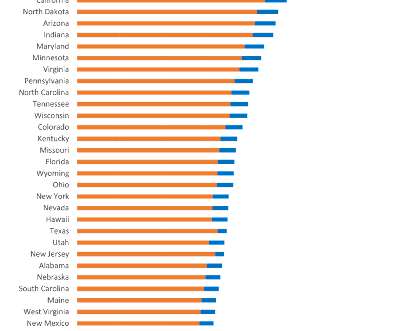If You’re Paid Biweekly, You’ll Probably Get an Extra Paycheck in 2020
HR Digest
JANUARY 8, 2020
Or will the amount of each paycheck in 2020 be lower than in 2019? Some employers may choose to divide employees’ annual salary over 27 pay periods instead of 26. This means that gross pay would be 3.7% lower each pay period during 2020 (although you’d make the same total salary).












Let's personalize your content